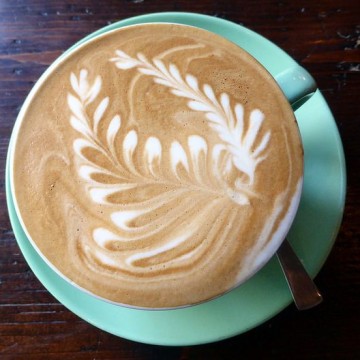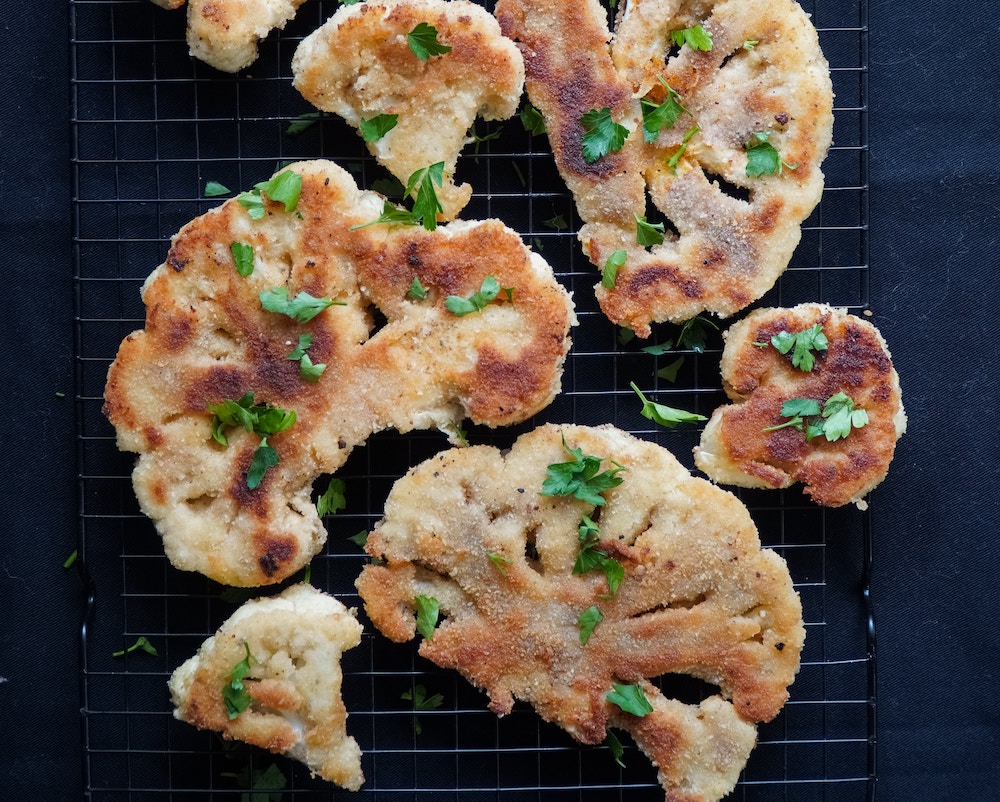As I write this, I’m sitting in the Starbucks on campus. It’s a beautiful, cloudless, and unusually cool spring morning. Perhaps also unusual is the cup of herbal tea beside me. Don’t get me wrong—I love herbal tea, but it’s usually a drink I reserve for the afternoon and evening. What’s missing is my aromatic, dark roast coffee with a splash of coconut milk.
I’m in the process of conducting yet another experiment on myself—all for the sake of beauty. And health, of course, of course. This experiment involves refraining from coffee for at least 40 days.
This isn’t the first time that I’ve put myself through this. Every now and then, I stop drinking coffee for a few weeks because it simply feels like what my body wants at the time. During these times, I’ve looked hard at why I love coffee so. Surprisingly, I don’t need it to “wake up” or feel energized. I’m a natural morning person, and a healthy breakfast is all I need to feel ready for the day. But I’ve noticed that on the mornings when I don’t drink coffee, I feel just a tad depressed, a little existentially lost. I know that must sound dramatic, but it makes sense. Coffee’s proponents credit coffee with anti-depressant abilities, and despite general sunniness, I’ve always had a subtle, but very real, tendency to enter some dark mental waters (but who can’t relate to that?). Plus, after living in Oregon, where it’s constantly gray during the winter and where SAD is a serious thing, I can attest that a little java can be your saving grace. On the flip side, of course, coffee drinkers are probably familiar with the anxiety that accompanies one too many sips of joe. There’s certainly a trade off. I also love coffee because coffee culture. It’s cozy, it inspires creativity, and it’s something I delight in sharing with my parents, fiancé, and work buddies.
Although coffee has swung in and out of favor with the medical community, at this point, most wellness experts agree that coffee in moderation (i.e. one cup in the morning) is permissible if you’re just a diehard coffee person, provided that cup of coffee is organic, fair trade, free of dairy and added sugar—you know the drill.
I have always been a coffee-in-moderation type of girl. I usually stick to one, 8 oz. cup in the morning, and I make it with half Swiss-water decaffeinated grounds. This means that I’m only getting about 4 oz. of caffeinated coffee a day! That’s 1/3 of a Starbuck’s tall. That being said, I am pretty sensitive to caffeine. Perhaps my little cup is the equivalent to three cups for a normal person.
So if coffee’s not the devil, and I don’t even drink that much, why am I restricting myself from something I positively adore?
For science, my friends! Err, or beauty!
Here’s what I know: caffeine raises cortisol, a.k.a. the “stress hormone.” According to dermatologist Dr. Terry Loong, “Almost 90% of hormonal acne that I see is cortisol related.” Most acne sufferers can confirm that stressful times spells bad news for the ol’ complexion. Chronic stress may also prompt the adrenal glands to produce excess androgens—a precursor of imbalanced skin. Loong goes on to explain that high cortisol impedes efficient digestion and detoxification, reducing the proper absorption of nutrients—and you know this can’t do anything good for your skin. To add insult to injury, caffeine also messes with your blood sugar, and imbalanced blood sugar can worsen skin conditions—not to mention that imbalanced blood sugar toys with your androgens. Ugh.
Where my skin is now: Most days, my skin is 90-95% clear and not terribly angry. With a little BB cream, it looks almost perfect. I shouldn’t complain, right? I do, however, experience the occasional flare up around my chin. These flare ups are kind of painful and super annoying. They take a while to fade and aren’t always easy to conceal. They’re nothing like what I experienced before I became a vegan, but still…super annoying.
So, this experiment will test if that little bit of coffee I enjoy (or rather, am not enjoying for 40 days), makes a significant difference in the health of my skin. Maybe I won’t notice any real difference. Maybe I’ll be surprised.
Will I give up coffee forever? Probably not! I’d just like to understand how it interacts with my body a little better.
Has coffee affected your skin in any way?
Related: Giving Up Coffee for 21 Days (Results)
Comforting Vegan No-Coffee Latte
Food Journal Challenge: Finding Your Ideal Diet
Photos: Duncan C via Flickr





